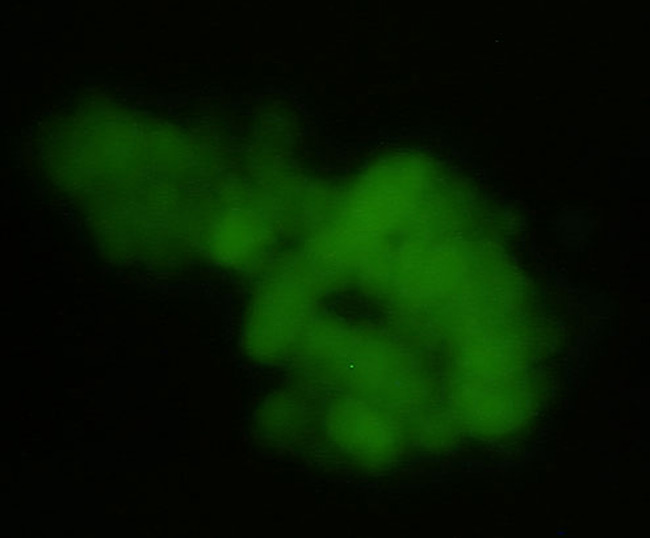Stem Cells in Lab Make Sperm

Stem cells that produce sperm of mice have been grown in a lab. When implanted in infertile mice, the cells fathered offspring genetically related to the original mouse from which the cells came.
"This advance opens up an exciting range of possibilities for future research, from developing new treatments for male infertility to enhancing the survival of endangered species," said Duane Alexander, director of the National Institute of Child Health and Human Development, which is funding the research.
The stem cells themselves cannot fertilize egg cells, but they develop into sperm. Because they can now be grown in culture, researchers will have the opportunity to manipulate them genetically, explained the study's senior author, Ralph Brinster from the University of Pennsylvania School of Veterinary Medicine.
"This finding is likely to be applicable to humans," Brinster said.
For certain types of infertility, doctors may one day be able to remove stem cells from an infertile man and induce them to develop into viable sperm cells. The new culturing techniques could also be used in other stem cell applications to replace diseased or injured tissue.
The study's results will be published online this week in the Proceedings of the National Academy of Sciences.
Sign up for the Live Science daily newsletter now
Get the world’s most fascinating discoveries delivered straight to your inbox.










